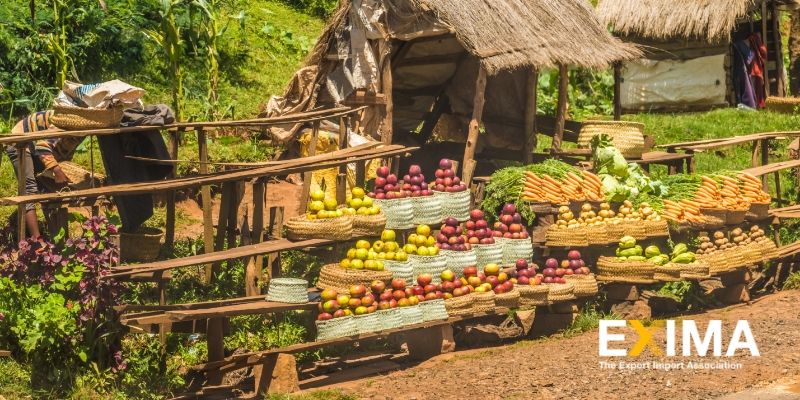According to the UN, Africa imports approximately $80 billion in food products each year. It is estimated that less than 20% of these imports are from within the continent, representing a missed opportunity for food security and economic growth.
FAO and AU Collaboration
It is on this background that the Food and Agriculture Organization of the United Nations (FAO) and the African Union (AU) launched the framework to boost trade between African nations in 2021. The aim of the initiative is to reduce or eliminate the bottlenecks that slow down trade in what has become the world’s biggest free trade zone with the advent of the African Continental Free Trade Area (AfCFTA).
Clearing the Hurdles and Inspiring Change
Excessive bureaucracy, high and often confusing tariffs, poor intra-African infrastructure, a lack of information, and inefficiency at ports are just a few of the challenges that African farmers face. This new framework will collaborate with the AU and African countries to address these issues on a continental scale.
While launching the framework in April 2021, FAO Assistant Director-General Abebe Haile-Gabriel, AU Commissioner Josefa Sacko, and AfCFTA Secretary-General Wamkele Mene issued a joint statement saying, “the framework provides a timely catalyst for the transformation to more efficient, inclusive, resilient and sustainable agrifood systems, sustainable development, and prosperity in Africa.”

Adding Value through Transformation
The multi-layered deal hopes to improve the industrial transformation of food products to boost their value and increase prices for the farmers. This will also yield profits for everyone in the value chain and increase employment. Increasing output across a one billion African market will make the continent a better competitor on the world stage, advancing its ability to bargain as a collective rather than single entities or regional blocs.
Expanding the value chain of African produce will promote economic inclusion in the direction of young people, women, people living with disabilities, and those in tech and information systems whose skills are currently under-utilized in the farming sector.
Advancing Economic Growth through Tech and Inclusion
Technology and e-commerce have the capacity to accelerate economic growth both within and outside Africa, bringing a global market to everyone’s farm. The framework contains a pathway for digitization of the market, as well as provisions for service providers to be able to earn from the farm economy.
Among the digital components are plans to improve cross-border payments, create trading platforms, credit guarantees for exports and imports, monitoring and evaluation, and using digital infrastructure to ease the free movement of capital and people between different countries.
As with every major market overhaul, the project is going to need financing. Both the UN and the AU have pledged to provide continuous financing to offer capital, build physical and digital infrastructure, improve network connectivity, educate farmers, and promote dialogue.
Learn More with EXIMA News
Come check out the rest of our News Page today to learn more about current events!









